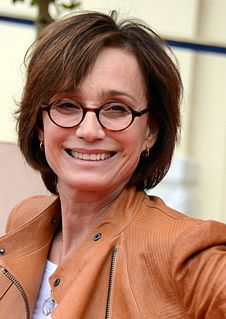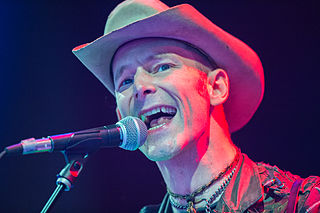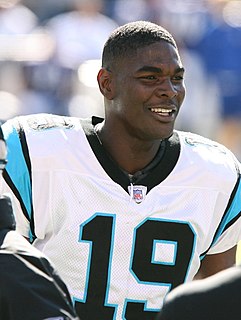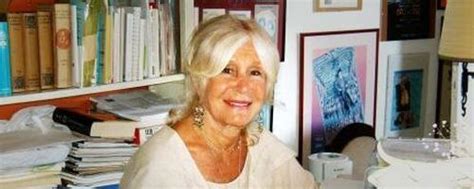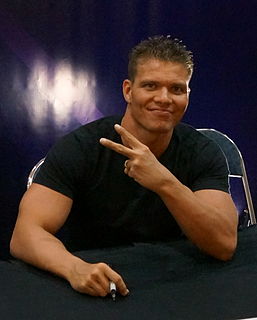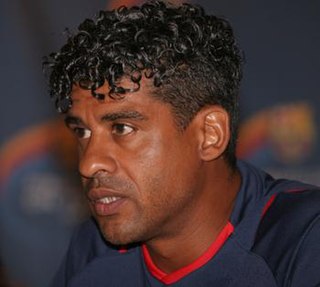A Quote by Diego Luna
I'm always going to be working on my English, and I'm always going to work on my English so that I can do different characters from different nationalities.
Related Quotes
You know, now there is always half of the new Quebecers who are going to the English CEGEP. After that, often they are going to work in English. So for us, that is so important. We are a real minority in North America. Two per cent of the population are French-speaking. We have to protect this reality.
I changed my major to English literature, which was on the advice of my father. I finally said, "You know, Dad, to heck with it: I'm just going to be an actor. But I'm going to go to school." And he said, "Well, if you're going to go to school, then major in English literature. Those are the tools you are going to be working with as a man who's going to be acting in English, one would assume."
To be blunt, I feel like lyricism in Spanish is of a different quality than English. You can get really poetic in Spanish, but I feel like if you do that in English, you risk sounding cheesy. In Spanish, it's never that. It's always this deep, passionate, beautiful imagery; it's painted different, a different color.
Every year is different. I'm not getting any younger trying to keep it going. It's always a challenge. It's like a boxer going into a ring. You never can tell what's going to work and what's not going to work until you're in action and everything is going on around you. It's very intense and always a challenge and always a thrill.
We do not for example say that the person has a perfect knowledge of some language L similar to English but still different from it. What we say is that the child or foreigner has a 'partial knowledge of English' or is 'on his or her way' towards acquiring knowledge of English, and if they reach this goal, they will then know English.
James Joyce's English was based on the rhythm of the Irish language. He wrote things that shocked English language speakers but he was thinking in Gaelic. I've sung songs that if they were in English, would have been banned too. The psyche of the Irish language is completely different to the English-speaking world.
There are certain concepts, which exist in English, and are unthinkable, untranslatable into Hebrew and vice versa. Hebrew has a system of tenses, which is, in a big way, different from the English system of tenses, probably different than any European system of tenses, which means a different sense of reality, which means a different concept of time. So, things can be translated, but they become different.

